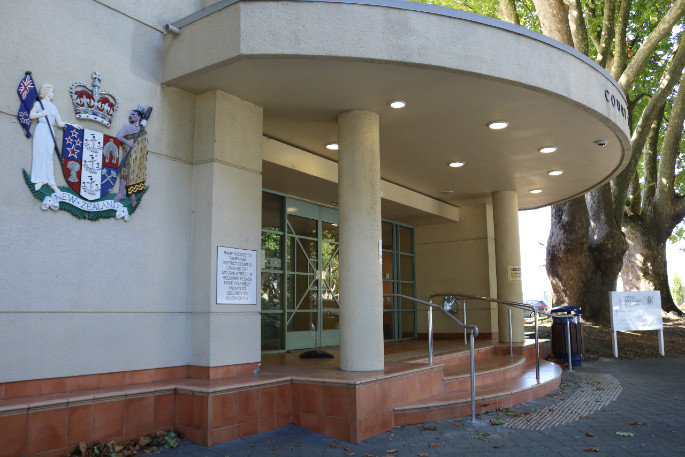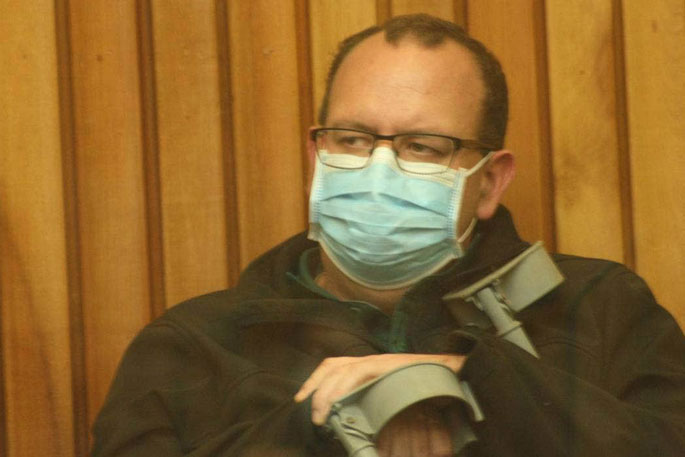A 'pretend paramedic” whose private ambulance firm ordered 10 times more fentanyl than the local St John - and double the amount of morphine – has been sentenced to 12 months' home detention.
Graeme Erickson received the sentence at the Tauranga District Court on Tuesday after earlier pleading guilty to charges of altering documents and administering a class B drug.
The case involved a 'enormous breach of trust”, with altered documents, and 'serious” painkillers being administered by people who weren't qualified to do so, Judge Christopher Harding said.
Erickson 'got a bit carried away with himself”, his lawyer David Pawson said.
'He does understand the seriousness of pretending to be a paramedic when he wasn't. That's very clear to him now,” he said.
Pawson said Erickson 'got caught up in a ruse and misguidedly believed he was keeping the public safe ... a process he describes as taking on a life of its own”.
The police summary of facts revealed that Erickson was the general manager of EMC Medical Care, which was established in 2012.
Two other EMC staff have entered not guilty pleas to their related charges.
The summary notes that up until January 2020, 'there was no direct legislation preventing people setting up their own PAS [Private Ambulance Service]”.
The summary also noted that PAS staff 'cannot legally supply or administer prescription medicines and controlled drugs to patients”.
EMC's 'irregular high quantity of morphine and fentanyl” triggered a MedSafe audit in 2018.
Police also began an investigation in December 2020.
Those investigations found that between September 2017 and May 2018 EMC ordered double the morphine of a local St John, and almost 10 times the fentanyl.
'St John recorded that five ampoules of morphine were broken and one ampoule not used and eight ampoules of fentanyl as broken over the 12-month period, which is a breakage rate of 1.3 per cent for morphine and 5.9 per cent for fentanyl,” the summary said.
'This compares to 67 per cent (morphine) and 76 per cent (fentanyl) for EMC.”
 Erickson appeared in Tauranga District Court and was sentenced to a year of home detention.
Erickson appeared in Tauranga District Court and was sentenced to a year of home detention.
The summary said Patient Report Forms had been altered, to add in further quantities of both drugs, as many as 20 times.
Erickson also pleaded guilty to administering a class B drug – giving morphine to a 14-year-old patient at a February 2020 motor cross event.
A police search of Erickson's home also found 56.8g of liquid morphine, 7ml of oxycodone liquid and a glass ampoule containing an unspecified amount of oxycodone liquid.
Judge Christopher Harding described the case as unique.
'Documents were altered, and serious opioid analgesics were administered by people in the organisation who were not qualified to do that. There was an enormous breach of trust,” he said.
'This was serious offending by you.”
However, he said he would exercise his right to be 'merciful”, citing Erickson's two children and his spinal and neck injuries for the sentence of home detention.



0 comments
Leave a Comment
You must be logged in to make a comment.